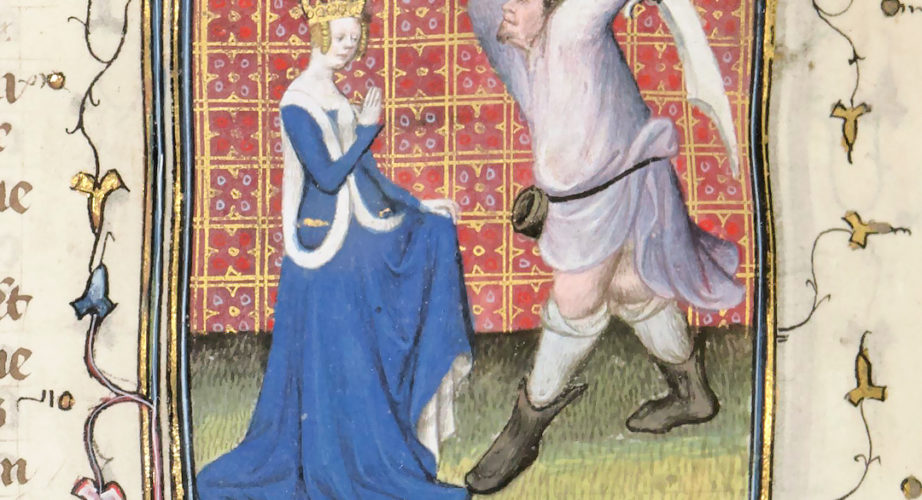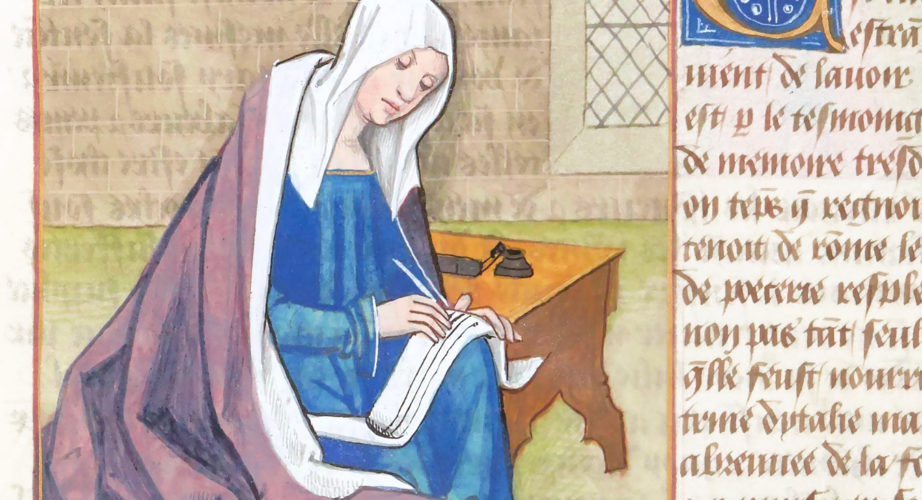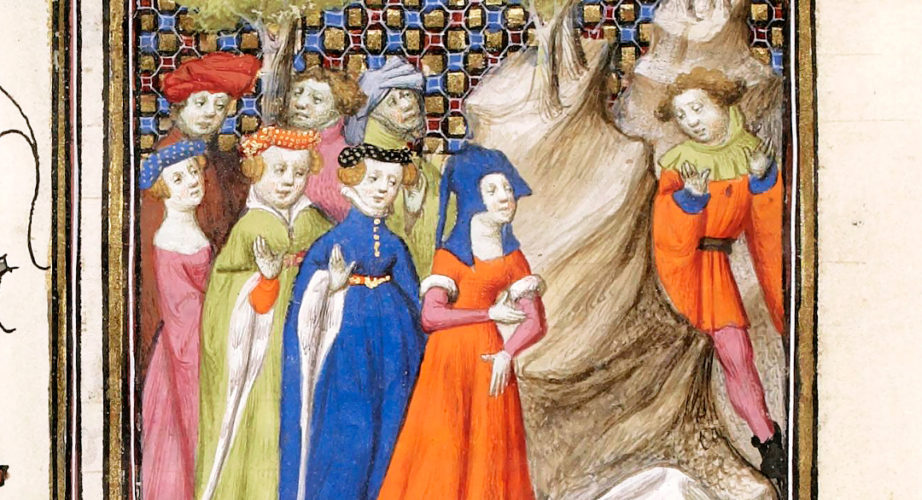Theoxena

Fancy a cup? You are in good luck! The guest of our weekly Women's Wednesday is Theoxena: a loving mother, aunt, and fan of a good cup of... poison.
Theoxena was the daughter of a prince of Thessalonica at the time of the ruthless Philip of Macedon. On a journey to eliminate all his enemies, Philip killed Theoxena's parents and husband, as well as her sister's husband: the two women were thus left alone, with the exception of a child each. Her sister, Archo, eventually remarried with a man called Poris: the couple had several more children until Archo died prematurely. Theoxena had never remarried but, in order to protect her nieces and nephews, she decided to marry Poris and become both aunt and stepmother to them.
Philip, however, suddenly decided to hunt down even more of his enemies - going as far as retaliating against the offspring of those he had already killed. Theoxena and her family were thus in danger. The woman, having learned of this, planned to kill the children herself rather than having them killed by Philip or vexed by the guards; Poris, however, dissuaded her and arranged for them to flee to Athens.
Things did not go as planned. The family had planned to flee after attending a celebration held in a nearby harbor city: they set sail in the dead of night, pretending they were returning to Thessalonica but actually heading towards a safer place. The wind, however, forced the ship back to Thessalonica and Philip's soldiers approached it with an armed boat. Seeing no way out, Theoxena returned to her original plan: she prepared several cups of poison and presented them to the children together with some daggers. She put them before the choice: dying at the hands of Philip's soldiers, or dying at their own hand. Most of them chose the latter and Theoxena, after seeing her child and nephews fall dead off the boat, embraced her husband and jumped with him into the sea.
“Theoxena”, illumination from the manuscript “Livre des femmes nobles et renommees”, ms. Français 598, f. 107r, 1403, Bibliothèque nationale de France, Département des Manuscrits, Paris.
Historically and mythologically speaking, being in a powerful position (and perhaps also a…
The time has finally come for the very first Women’s Wednesday of 2021!…
Welcome back to another Women’s Wednesday! Our weekly Mulier Clara, much like Sappho…


